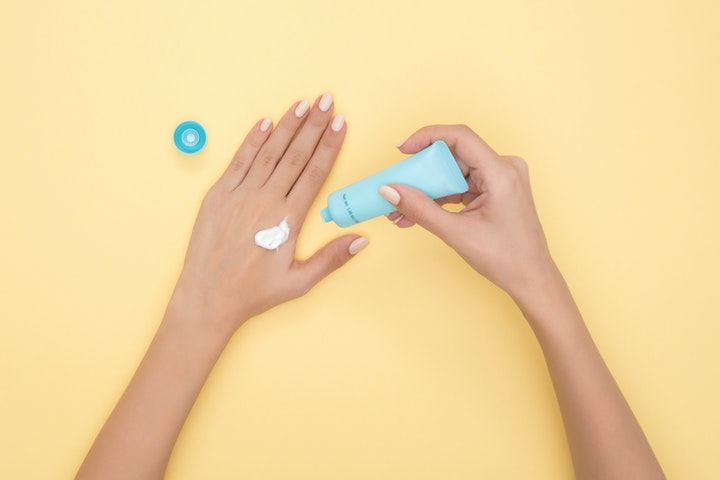Table of Contents
1. How Dangerous is Sunscreen?
It has little to do with the effects of Sunscreen protection products on the human organism.
But toxicologists are also increasingly warning of the consequences of UV filters for humans.
Ingredients such as Ethylhexyl methoxycinnamate (EHMC) and octocrylene are critically discussed in science.
Under certain circumstances, they should trigger allergies or have a hormonal effect, especially in children.
According to “today’s scientific knowledge,” the products are “safe”, and the protection of the skin against UV radiation “very important.”
The benefits of Sunscreen are “much greater than the theoretical risk.”
2. Does Sunscreen Make You Careless?
The problem is that modern sun blockers think that people are completely protected. “A misconception,” says Bertram.
For him, the Sunscreen only comes in third place when it comes to protecting against damage.
- It is more important to wear protective textiles and to spend as little time as possible under the scorching sun.
- But that is what many do not take to heart—Northern Europeans with fair skin grill for half an hour by the pool in tropical regions.
- It should be two grams of cream per square centimetre of skin. Even dermatologists admit that no one smears themselves with such amounts.
- It is more important than applying the thick layer of cream every 60 to 90 minutes.

3. If You Don’t Want Wrinkles, You Can’t Go Out Into the Sun
- In our latitudes, “where the weather is only really nice for three months,” you don’t have to drive yourself crazy.
- Another topic is children and vanity. Children have to be protected from the sun “without compromise,” Felix Bertram demands.
- And those who are afraid of wrinkles should “avoid the sun completely.”
4. How to Protect Yourself Against Sunburn?
The protections against Sunburn are:
a. Shade
The best sun protection is still the shade. Especially in the midday hours, it is advisable to go to a shady spot. The radiation is then the most intense.

b. Clothing
You can also protect yourself from UV radiation with appropriate clothing. T-shirts that cover the shoulder or hats with wide brims are particularly suitable.
c. Sunglasses
UV radiation damages the skin as well as the eyes. Important when choosing sunglasses: the CE mark and the remark “100% UV”.
d. Sunscreen
Sunscreen is especially recommended by the Swiss Cancer League as a supplement to staying in the shade and wearing clothes.
If used correctly, the risk of developing skin cancer can be reduced. Still, sunscreens with a high sun protection factor are not a free pass for an unlimited stay in the sun.

